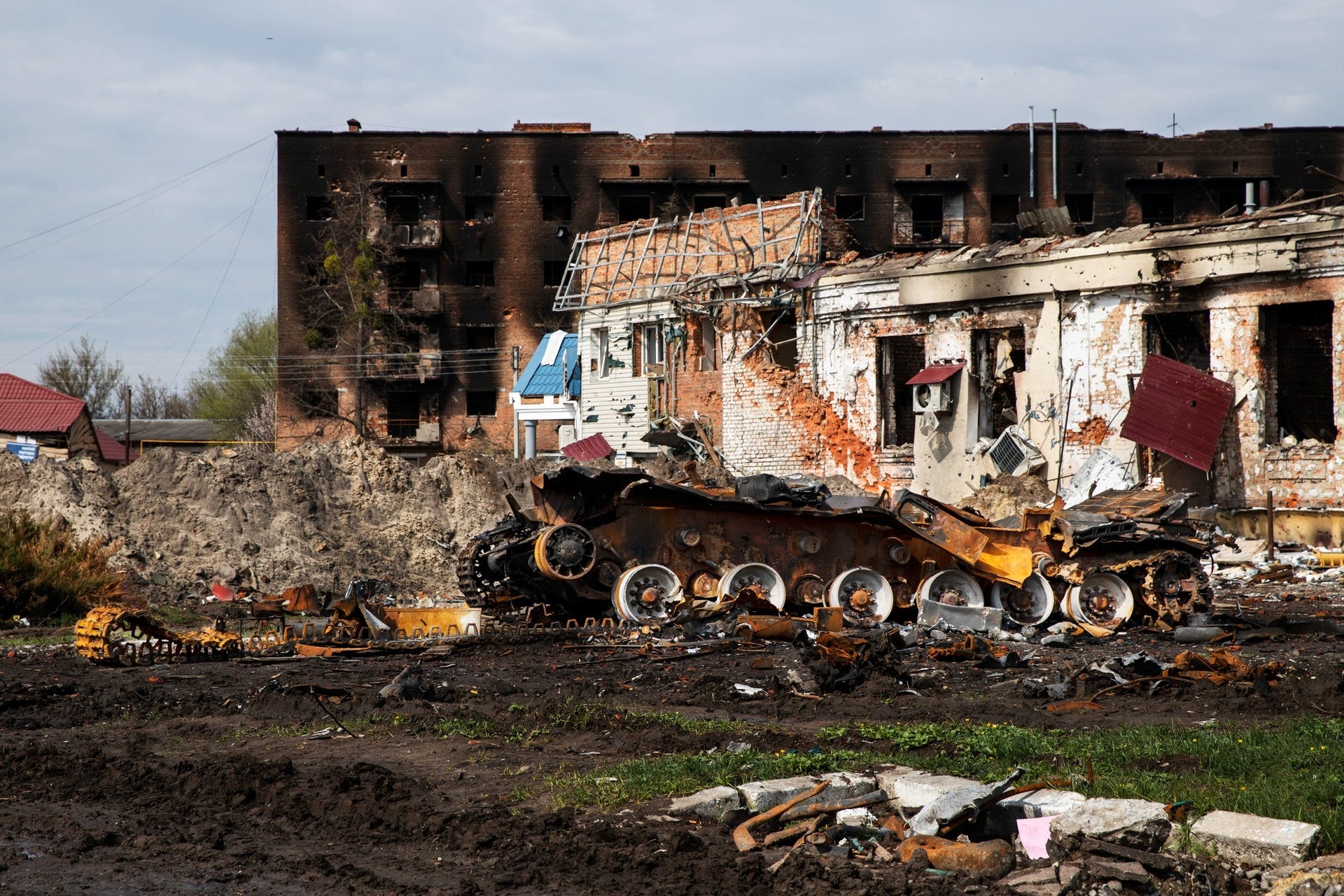In conflict zones, disaster areas, and regions with unstable infrastructure, communication is survival. For NGOs and humanitarian organizations, staying connected isn’t about luxury — it’s about saving lives, coordinating resources, and reaching those in need. That’s why despite the rise of advanced smartphones, simple feature phones remain a trusted tool in the field.
Here’s why NGOs around the world continue to rely on basic, rugged mobile phones when the stakes are highest.
1. Simplicity Saves Time
In emergency situations, time is critical — and every second counts. Feature phones, like the classic Nokia models, are easy to operate with no complicated apps, menus, or setup. Volunteers, local staff, or first responders can start using them immediately, with minimal training.
There’s no need to worry about software updates, app crashes, or touchscreens that don’t work with gloves. In high-stress environments, less tech equals fewer problems — and that's a big win for teams on the ground.
2. Battery Life That Lasts for Days
Access to electricity is a luxury in many crisis zones. Whether in flooded areas, conflict regions, or refugee camps, charging a device may not be an option for days.
That’s where simple phones excel. Models like the Nokia 105 or 3310 can last up to a week on a single charge. This extended battery life ensures that field workers remain reachable when it matters most — even without power banks or solar chargers.
3. Unmatched Durability
NGOs don’t operate in air-conditioned offices. They work in mud, heat, rain, snow, and rubble. Devices need to survive drops, dust, water splashes, and daily wear in extreme conditions.
Classic phones with polycarbonate housings, physical buttons, and no fragile screens are far more durable than modern smartphones. Many models are also more resistant to temperature fluctuations, making them dependable tools in both deserts and disaster zones.
4. Works with Low or Limited Network Access
Smartphones rely on strong 3G, 4G, or 5G networks to function effectively. In many crisis zones, these networks are unavailable or severely disrupted.
Feature phones, especially 2G models, can operate on basic GSM networks with low signal strength. They’re often more reliable in remote or unstable regions, allowing NGOs to maintain communication lines when modern devices can’t.
5. Cost-Effective for Large Deployments
NGOs often work on tight budgets — and must deploy hundreds or thousands of devices at once. Feature phones are significantly more affordable than smartphones, making it possible to equip large teams or entire communities without breaking the bank.
Phones like the Nokia 110 or Nokia 150 offer key features like Dual-SIM, flashlight, FM radio, and long battery life — all at a fraction of the price of a smartphone.
6. Trusted for Distribution and Donation
Beyond staff and volunteers, NGOs also distribute basic phones to displaced individuals, vulnerable families, or medical workers in remote areas. These devices allow people to stay in touch with loved ones, call for help, or receive updates from aid organizations.
The simplicity and durability of these phones ensure they’ll be useful long after the crisis passes — helping rebuild communication long term.
Conclusion: Simple Phones, Serious Impact
In a world of advanced technology, the humble feature phone still plays a critical role in global humanitarian work. Its durability, ease of use, long battery life, and network flexibility make it the ideal companion in crisis zones.
At PK Global Commerce, we proudly support NGOs, aid organizations, and emergency response teams by supplying reliable, high-quality Nokia phones — delivered worldwide, fast and efficiently.
Whether you're equipping volunteers or supporting displaced communities, we’re here to help you stay connected when it matters most.
👉 Contact us today for bulk pricing and fast delivery options for your next mission.






